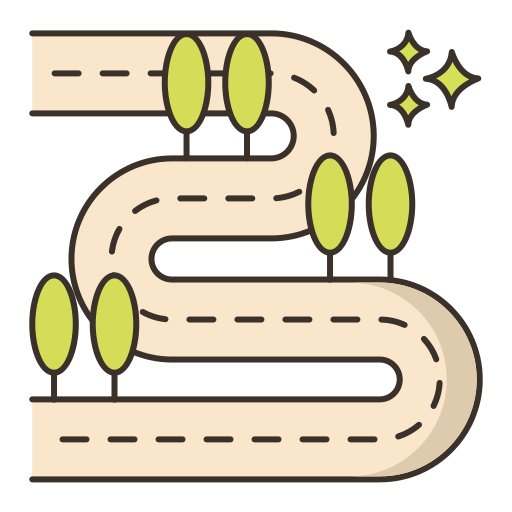How to recognize signs of autism
Signs of autism can vary. You might notice difficulties or behaviors that seem unusual in social interactions, for example limited eye contact or little initiative to make contact or reciprocity. The child may show restricted or repetitive behavioral patterns, strongly insist on routines and rituals. You might also notice delayed language development or unusual communication behavior. Indicators can also include special sensitivities to sensory stimuli, or conversely, a low sensitivity to pain or few signs of perceiving thirst or hunger. Fatigue and abdominal pain as well as school refusal could also be indicators. You might also notice intense interests and extensive knowledge on certain topics.
There are many other characteristics. It can be helpful to keep an eye on behaviors or to ask for advice from contact points and trained and experienced professionals. There are also good books that can help with understanding. You will find a series of descriptions in the category Frequently Asked Questions about Autism.
You can read the diagnostic criteria in ICD-11 (International Statistical Classification of Diseases and Related Health Problems, 11th Revision) on the Autismus-Kultur website (German). Information about the revision can be found on the website of the German Federal Institute for Drugs and Medical Devices.
The diagnostic criteria in DSM-V (5th edition of the Diagnostic and Statistical Manual of Mental Disorders) can also be found on the Autismus-Kultur website. Here too,
Who do I turn to for a diagnosis?
Fondation Autismus Luxembourg (FAL): In Luxembourg, you can contact the specialized institution FAL for an autism diagnosis. The FAL offers diagnostic assessments by psychologists specialized in autism and works with a psychiatrist. To request a diagnosis from the Fondation Autisme Luxembourg, you can directly contact the FAL (Diagnostic Service, by phone at 26 91 11 -1 or by email at [email protected]), to schedule an initial consultation. During this meeting, a screening questionnaire is completed together with the psychologist to identify initial characteristics and establish the basis for further discussions. Currently, there is a long waiting list of more than 4 years. (Status: April 2024)
Psychiatrists and doctors: You can also consult psychiatrists and doctors. Psychologists and psychotherapists can also establish a diagnosis. However, this is not officially recognized, and access to support services may be denied.
CTSA: Centre for children and young people with autism spectrum disorder
The CTSA exclusively cares for children and young people for whom a medical diagnosis of autism spectrum disorder (ASD) has already been established. This clinical diagnosis must be formally established by a multidisciplinary medical team. (The CTSA does not issue medical diagnoses.)
The CTSA’s department for diagnosis, counseling, and guidance consists of psychologists, educators, and social workers who, among other things, undertake the following tasks:
Sources: https://cc-ctsa.lu/demarches/ & https://cc-ctsa.lu/nos_unites/
- Psychological support for students with ASD, their parents, and siblings
- Specialized diagnosis (or identification) of the specific needs of students and young people related to ASD
- Counseling and guidance for parents and professionals
ESEB: The ESEBs can already establish a basic diagnosis (perform some tests and clarify some things) to reduce the duration of the procedure and to relieve young people, parents, and other institutions/professionals. All ESEB services are free of charge.
What does the diagnostic procedure consist of?
The diagnostic process includes various interviews, observations, and examinations specifically developed for the diagnosis of autism. It creates a comprehensive picture of the child’s skills and behavior across different life domains. Most diagnoses are made in collaboration with an external psychiatrist who considers the medical aspects.
For more information, visit these websites:
- FAL diagnostic assessment (fal.lu > Services > Diagnostic)
- FAL diagnostic procedure (PDF, German 🇩🇪, January 2023)
- The diagnostic approach – Samantha Rizzi Psychology Practice
How long does it take?
The duration of the diagnostic process can vary and depends on various factors, including the individual situation of the child and the availability of professionals. The diagnosis can be established within 5 months from the request, depending on availability.
What costs are involved?
ℹ️ Our team of authors is working on this section. Thank you for your patience.
What support can I only get with a diagnosis?
ℹ️ Our team of authors is working on this section. Thank you for your patience.
In the meantime, you can visit the page “Status of disabled workers” on Guichet.lu.
What support can I get even without a diagnosis?
ℹ️ Our team of authors is working on this section. Thank you for your patience.

